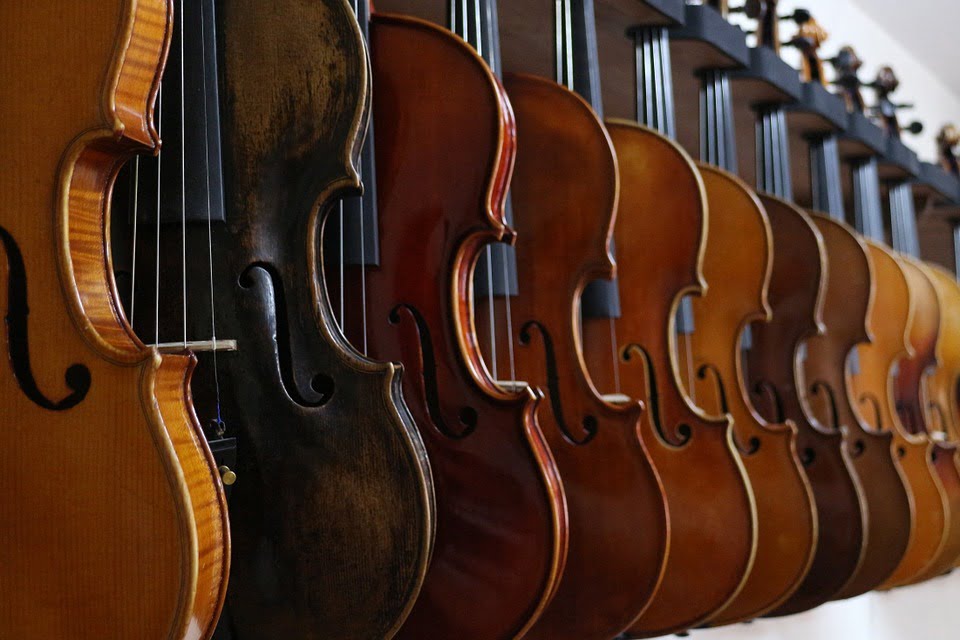These days, there are shortcuts for everything–including how to get smarter, quicker. Usually this involves downloading an app or two on your iPhone so you can play brain-boosting games during your morning skytrain commute. But what about taking the time to really learn something new, like a musical instrument? Investing the time to immerse yourself in this beautiful process has more benefits than you could possibly imagine.
Enhance Memory, Spatial Reasoning and Language Skills Through Musical Training
Learning to play a musical instrument can have a dramatic effect on the actual structure of your brain. Through our emotional connection to the music we play, our brain is stimulated in new ways. The majority of our senses are engaged: vision, hearing and touch. Our fine motor skills are honed. This rather complex experience, over a prolonged period of time, promotes long-lasting changes in the brain.
How learning a musical Instrument Changes Your Brain
It’s been proven that the bundle of nerve fibres that connect the two sides of your brain, otherwise known as the corpus callosum, is larger in musicians. The areas of the brain involved in movement, hearing and visuo-spatial abilities also appear to be larger in professional piano players whereas the brain areas devoted to processing touch in the left hand is increased in violinists.
The Long-Term Benefits of learning a musical Instrument
So not only does playing an instrument increase the connection between the two sides of your brain, it enhances your language memory function, spatial reasoning and literacy skills. As far as brain training goes, learning to play a musical instrument is the foremost way to strengthen memory and language through its very strong cognitive stimulus. Not to mention the added bonus of being part of an amazing tradition in the arts that has shaped our culture over the generations. Long live music.
Photo credit: Gavin Whitner

Can’t really get the benefits when you’re already fully developed.
Interesting, how do you figure?
If that was true then every person who had developed would be stuck.
This goes against neuroplasticity entirely. Look at people with childhood trauma and developmental issues as adults. IF that were the case then no healing would ever happen.
Very interesting article! There’s no doubt that learning a musical instrument brings all sorts of benefits to anyone, from children to adults.
We researched and covered 21 of those benefits here if you want to check them out.
Thanks for a great article!
The familiar saying that you can’t teach an old dog new tricks doesn’t really apply to humans. We can learn from whatever age we are, though admittedly with diminishing ability in our later years. But the beautiful thing is that learning music and and instrument has been proven to help overall cognitive function and development. I find that encouraging people who are learning an instrument to visualize the chord progressions, how they would hold their hands, or the posture they should have while playing can have a profound effect on how well and quickly they learn the instrument of their choice. This is great news for those of us playing an instrument that is less portable.
Thanks for the article.
Music is awesome, but it will be even more amazing when you can also play one musical instrument. Learning music is not something you can do without seriousness and perseverance. Learning music requires concentration, perseverance and seriousness to really master it. when you are having a bad day and feeling stressed listening to instrumental music may be able to make you feel better and more relaxed. clavis.nl